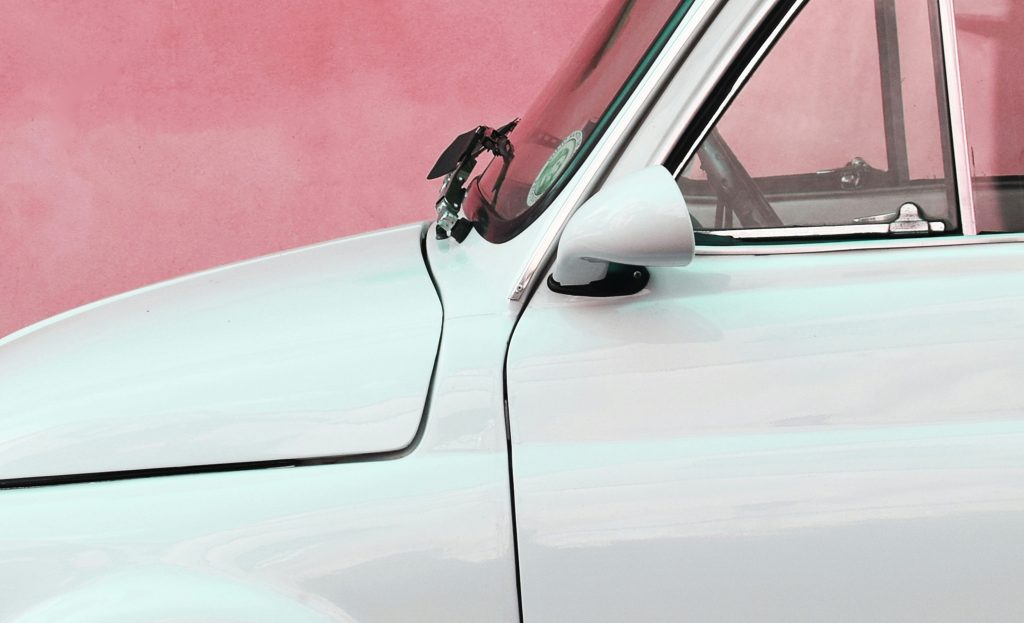Summer adventures start with smart preparation, not just destinations
Key Points:
- Auto expert reveals the vital car parts you need to check before setting off on a summer road trip to avoid breakdowns
- Expert outlines simple checks for tires, brakes, fluid levels, and often-overlooked components that can make or break your journey
- Expert highlights how these simple pre-trip inspections can save drivers thousands in emergency repairs and prevent ruined holidays
The open road beckons as summer approaches, with many travellers opting for the freedom of a road trip adventure. But the excitement of planning destinations and playlists can overshadow a vital element of preparation – making sure your vehicle is actually ready for the journey.
“Nothing ruins a road trip faster than being stranded on the shoulder with smoke billowing from under your hood,” warns Kazimieras Urbonas, Supplier Excellence Manager at Ovoko, one of Europe’s largest online marketplaces for used car parts. “However, most roadside disasters can be avoided with some basic checks before you leave your driveway.”
Here’s what Urbonas says you need to know before hitting the open road:
- Get Tire Smart
Your tires are literally where the rubber meets the road, making them your car’s most important safety feature. “Check your tire pressure when the tires are cold,” advises Urbonas. “The recommended PSI is usually listed on a sticker inside your driver’s door jamb.”
Look for uneven wear patterns and don’t forget the penny test – insert a penny with Lincoln’s head upside down into the tread groove. If you can see all of Lincoln’s head, your tread is too worn.
“Also inspect that forgotten fifth wheel – your spare tire,” Urbonas adds. “Nothing’s worse than getting a flat only to discover your spare is also flat.”
- Brake Check
“Listen for grinding or squealing when you brake, and pay attention to how your brake pedal feels,” Urbonas says. “If it’s soft or spongy, that could indicate air in the brake lines or worn brake pads.”
Watch for warning signs like your car pulling to one side when braking or taking longer than usual to stop.
- Fluid Fundamentals
Your car requires six essential fluids: engine oil, coolant, power steering fluid, brake fluid, transmission fluid, and windshield washer fluid.
“Check all fluid levels a week before your trip,” Urbonas recommends. “That gives you time to top up or change anything that looks suspicious without rushing.”
- Battery Basics
“Heat puts more strain on batteries than cold,” explains Urbonas. “Look for corrosion on the terminals – it appears as a white, powdery substance – and clean it off with a wire brush.”
If your battery is more than three years old, consider getting it tested before a long trip.
- Lights, Camera, Action
“Have someone help you check that all your exterior lights work: headlights, high beams, turn signals, brake lights, and reverse lights,” Urbonas says. “A burnt-out bulb is an easy fix before your trip but could mean a ticket if you’re pulled over.”
- Wiper Woes
“Windshield wipers might seem minor until you’re caught in a downpour with streaky visibility,” Urbonas notes. “Replace them if they leave streaks or skip across the glass.”
Also check your washer fluid level and top it up before leaving.
- Belt and Hose Inspection
Take a quick look under the hood for any obvious issues with belts and hoses.
“Cracks, fraying, or glazing on belts are signs they need replacing,” Urbonas says. “For hoses, feel them while the engine is cool – they should be firm but flexible, not mushy or rock-hard.”
- Air-Con Check
“Nothing tests a relationship like being stuck in a hot car for hours,” Urbonas jokes. “Make sure your air conditioning blows cold before you hit the road.”
- Pack Smart Emergency Gear
“Always carry jumper cables, a basic tool kit, a flashlight, and a spare phone charger,” Urbonas recommends. “Add a reflective warning triangle and a first-aid kit for extra peace of mind.”
Kazimieras Urbonas, Supplier Excellence Manager at Ovoko, commented:
“People happily spend hours planning their route and booking accommodations, but often forget their trip depends entirely on their vehicle’s reliability. A few simple checks that take less than an hour can save you thousands in emergency repairs and rescue services. I’ve seen too many holiday horror stories that began with an ignored check engine light or worn tire.
“Remember that a breakdown far from home means paying premium prices for parts and labour at unfamiliar shops, plus potentially expensive towing fees and emergency accommodation costs. When you factor in the ruined vacation time, those 30 minutes of preventive checks suddenly look like the best investment you could make for your trip.”


